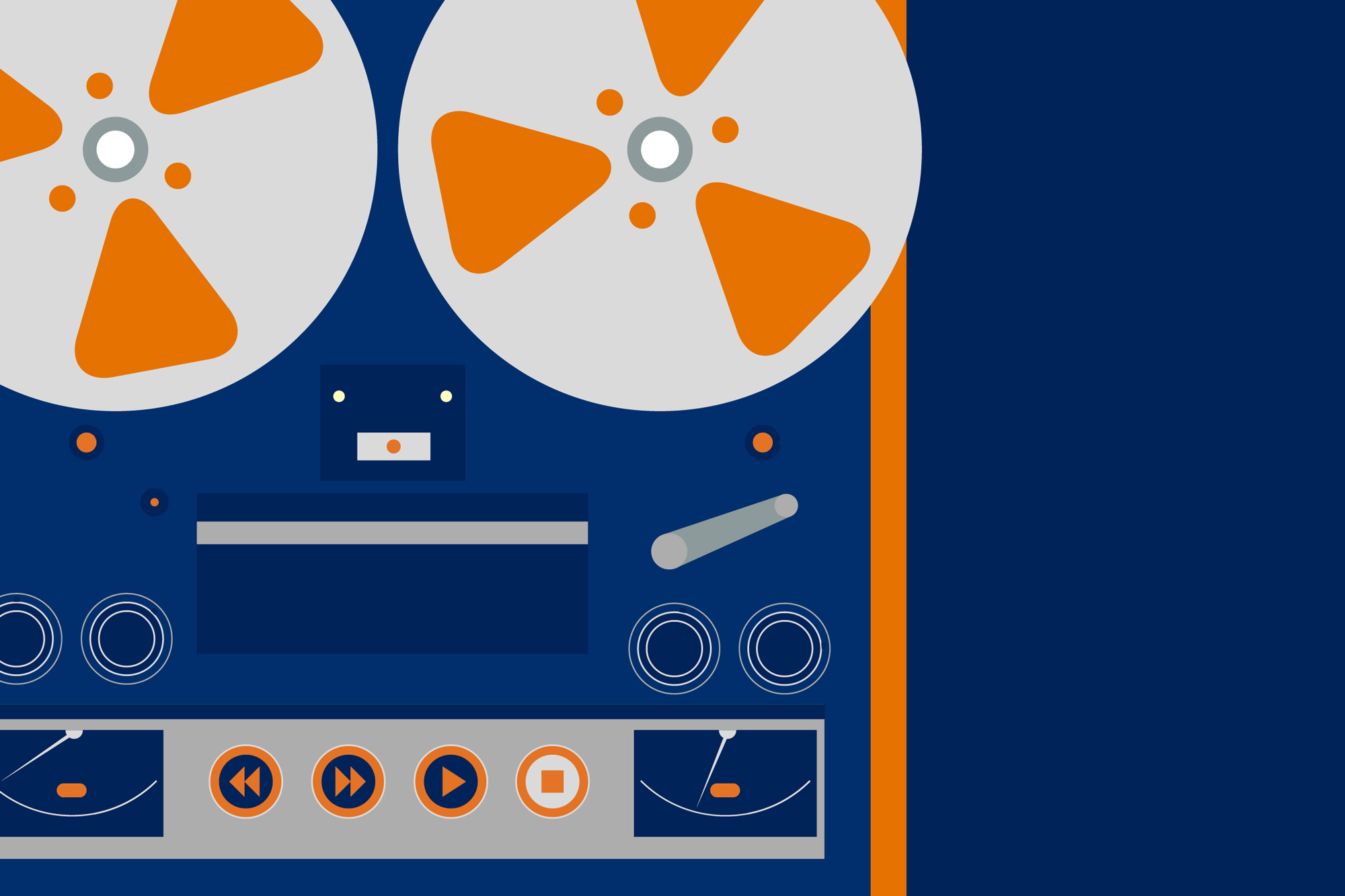President Donald Trump raised the specter of secret presidential recordings on Friday morning, drawing immediate media comparisons to Richard Nixon’s now infamous White House tapes.
James Comey better hope that there are no "tapes" of our conversations before he starts leaking to the press!
— Donald J. Trump (@realDonaldTrump) May 12, 2017
While Nixon’s tapes are likely the most well known, he is hardly the only president driven to record daily activities and interactions. Six consecutive presidents, from Franklin Roosevelt through to Nixon, are known to have secretly taped meetings and telephone conversations.
Thanks to the work of the Presidential Recordings Program at the University of Virginia’s Miller Center, the public can now listen to and read transcripts of these presidential recordings online.
“In the best of circumstances, we can see presidents working through a series of challenges methodically, consulting his advisers, reaching out to legislators – including members of the opposition party – and speaking with private individuals,” said Marc Selverstone, chair of the Presidential Recordings Program.
“It’s that process of gathering information, or asking probing questions, of having others challenge reigning assumptions – that’s the positive object lesson in the recordings. Unfortunately, there are many negative object lessons as well. Too many times, and this is particularly true in the Nixon tapes, we hear aides parrot the president’s fears and reinforce his worst instincts.”
The Miller Center program has been compiling these conversations since 1998, working closely with the presidential libraries – the official repositories for the individual recordings – and the National Security Archive to get the raw materials to transcribe, annotate and analyze the recorded content.
In light of Trump’s recent reference to recordings, UVA Today and the Miller Center are taking a look back at standout examples of presidential audio files. Here are three that may shed light on the current political climate.
The Smoking Gun: Nixon’s Secret Recordings as Criminal Evidence
Perhaps the most famous of all presidential recordings, this clip is known as “The Smoking Gun” because it directly connected Nixon to the break-in at Watergate. In the tape made on June 23, 1972, Nixon and his chief of staff, H.R. Haldeman, discuss using the CIA to stop FBI investigators from pursuing the case.
The two men note that now seems to be the best time to act, given the limited coverage from the major news networks, and they go into some detail on how the money trail is eventually headed their way.
"In threatening Comey on Twitter, Trump has just introduced a new threat to his own presidency."
- Ken Hughes
Nixon’s determination to record his conversations – at 3,700 hours his recordings are the most extensive of any president – ultimately spelled his downfall when they became subject to subpoena in the course of the Watergate investigation. The president’s argument that executive privilege should protect the content of the tapes did not hold up and the Supreme Court ruled unanimously that he must turn them over.
While there are many lessons modern presidential administrations can learn from the Miller Center’s trove of recordings, Presidential Recordings Program research specialist and veteran journalist Ken Hughes argues that this reminder on the threat of subpoena may be the most consequential.
“In threatening Comey on Twitter, Trump has just introduced a new threat to his own presidency,” said Hughes. “From now on, when a congressional committee, the Justice Department or a special prosecutor investigate whether Trump committed obstruction of justice by firing Comey, they will ask the White House for all tapes or other electronic records of conversations with or about him. Trump will be legally bound to turn them over. If he fails to, he can be impeached.”
The Russian Threat: Kennedy and the Cuban Missile Crisis
President John F. Kennedy made a habit of recording his thoughts and recollections of the day’s events on a dictabelt (an obsolete, portable, analog audio-recording device). In this recording from Oct. 18, 1962, he reflects on a recent meeting about the Cuban Missile Crisis.
Kennedy recalls the debate among his aides as they weighed the advantages and disadvantages of striking first, before the Soviets could further build up their missile sites on the island. There are mounting fears that both action and inaction could trigger a dangerous Soviet response in Berlin.
For his part, Kennedy confesses that he is most anxious that they not appear to be announcing a state of war, even as his administration publicizes plans for a naval blockade of Cuba.
Presidential Election Meddling: Johnson and Nixon on the Chennault Affair
During the 1968 presidential election, President Lyndon Johnson was working furiously to open peace talks to end the Vietnam War. He suspected that Nixon’s aides were simultaneously working to undermine those talks in order to avoid a major Democratic diplomatic victory that could swing the election for candidate and current Vice President Hubert Humphrey.
In this phone conversation between President Johnson and then-candidate Nixon on Nov. 3, 1968, Johnson reiterates the importance of opening talks as soon as possible and Nixon denies that his camp is trying to disrupt them.
Recent research by journalist and author John A. Farrell uncovered that Nixon himself was in fact involved in back-channel efforts to keep the South Vietnamese away from the negotiating table. Whether or not Nixon’s influence was the reason, the talks were stalled and did not take place until 1973.
The public archives of presidential tapes end with Nixon – the practice of ubiquitous recordings understandably unpopular after his downfall – but that long hiatus may be over.
“Since most of us are walking around with smart phones that double as recording devices – more sophisticated recording devices than Presidents Nixon, Johnson or Kennedy ever had – we may not have seen the last of the White House tapes,” said Hughes.
Media Contact
Article Information
May 12, 2017
/content/caught-tape-three-most-important-presidential-recordings-american-history

